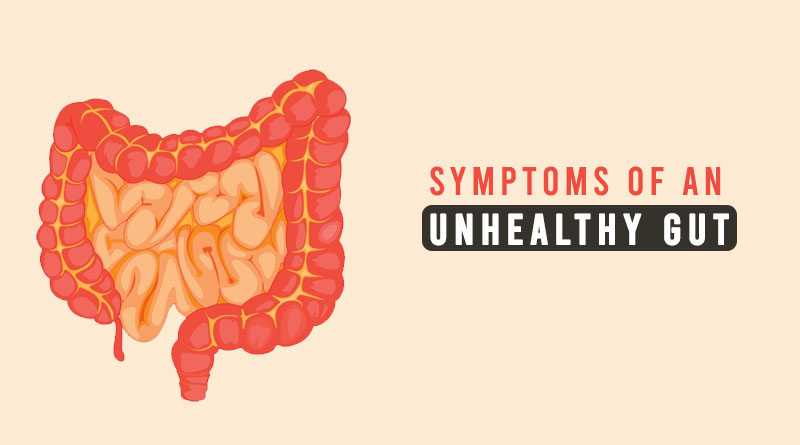There is mounting evidence that a healthy gut is key to overall health and wellbeing. People with unhealthy guts are more likely to have chronic diseases such as obesity, heart disease and stroke.
Gut bacteria play an important role in health and well-being, so it’s no wonder that a healthy gut is so important! If you have Gut health issues you can get rid from it by medications which are available on Synogut.com.
Here are some of the most common symptoms of an unhealthy gut:
- Constipation or diarrhea
- Feeling bloated or gassy
- Abdominal pain or discomfort
- Nausea
- Heartburn
- Irritable bowel syndrome (IBS)
- Acid reflux
- Food aversions
- Food sensitivities
- Mood swings
- Depression
- Anxiety
- Insomnia
- Hormonal imbalances
- Weight gain
- Weight loss
- Chronic fatigue
- Chronic pain
- Neurological issues
- Autoimmune disorders
- Adrenal dysfunction
- Premenstrual syndrome (PMS)
How To Strengthen The Intestines?
- Do Not Eat The Same Type Of Food Every Day, But Eat Different Types Of Food
- Don’t Be Stressed
- If There Is Stress, Do Meditation And Mental Yoga To Reduce It
- Don’t Drink Alcohol
- Avoid Caffeine And Spicy Foods
- Get 7-8 Hours Of Better Sleep
7 Things You Can Do For Your Gut Health
You may be able to improve your gut health through lifestyle and diet changes. Consider trying one or more of the following:
- Lower your stress levels
Chronic high levels of stress are hard on your whole body, including your gut. A few ways to lower stress may include:
- Meditating
- Walking
- Getting A Massage
- Spending Time With Friends Or Family
- Diffusing Essential Oils
- Limiting Alcohol Intake
- Laughing
- Practicing Yoga
- Spending Time With A Pet
- Get enough sleep
Not getting enough or sufficient quality of sleep may have serious impacts on your gut health, which can in turn contribute to more sleep issues.
Try to prioritize getting at least 7–8 hours of uninterrupted sleep per night. Your doctor may be able to help if you have trouble sleeping.
- Eat slowly
Chewing your food thoroughly and eating your meals more slowly may lower your chances of developing obesity and diabetes while also helping you make better food choices.
This may help you reduce digestive discomfort and maintain a healthy gut.
- Stay hydrated
Drinking plenty of water may be linked to increased diversity of bacteria in the gut, though the source of the water also matters. One 2022 Source also found that people who drank more water had less of a type of bacteria that can cause gastrointestinal infections.
Staying hydrated benefits your health overall and can help prevent constipation. It may also be a simple way to promote a healthy gut.
- Take a Prebiotic or Probiotic
While Source is ongoing, adding a Prebiotic or Probiotic supplement to your diet may help improve your gut health. Prebiotics provide “food” meant to promote the growth of beneficial bacteria in the gut, while probiotics are live good bacteria.
People who have a severe illness or weakened immune system should not take probiotics. Also, not all Probiotic supplements are high quality or beneficial for your health.
It’s best to speak with a healthcare professional when choosing a Probiotic or Prebiotic supplement to help improve your health.
You can shop for a Probiotic or Prebiotic supplement online.
- Check for food intolerances
You may have food intolerance if you have symptoms such as:
- Bloating
- Abdominal Pain
- Diarrhea
- Gas
- Nausea
- Fatigue
- Acid Reflux
You can try eliminating common trigger foods to see if your symptoms improve.
If you’re able to identify and avoid a food or foods that are contributing to your symptoms, you may see a positive change in your digestive health.
- Change your diet
Reducing the amount of processed, high sugar, and high fat foods that you eat may lead to better gut health.
Eating a diet high in fiber likely contributes to a healthy gut microbiome as well. You may also positively impact your gut by eating foods high in micronutrients called polyphenols, like:
- Vegetables
- Fruits
- Coffee
- Tea
- Wine
